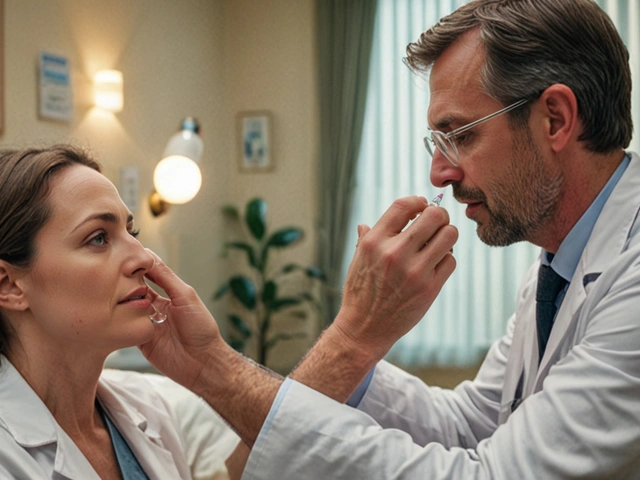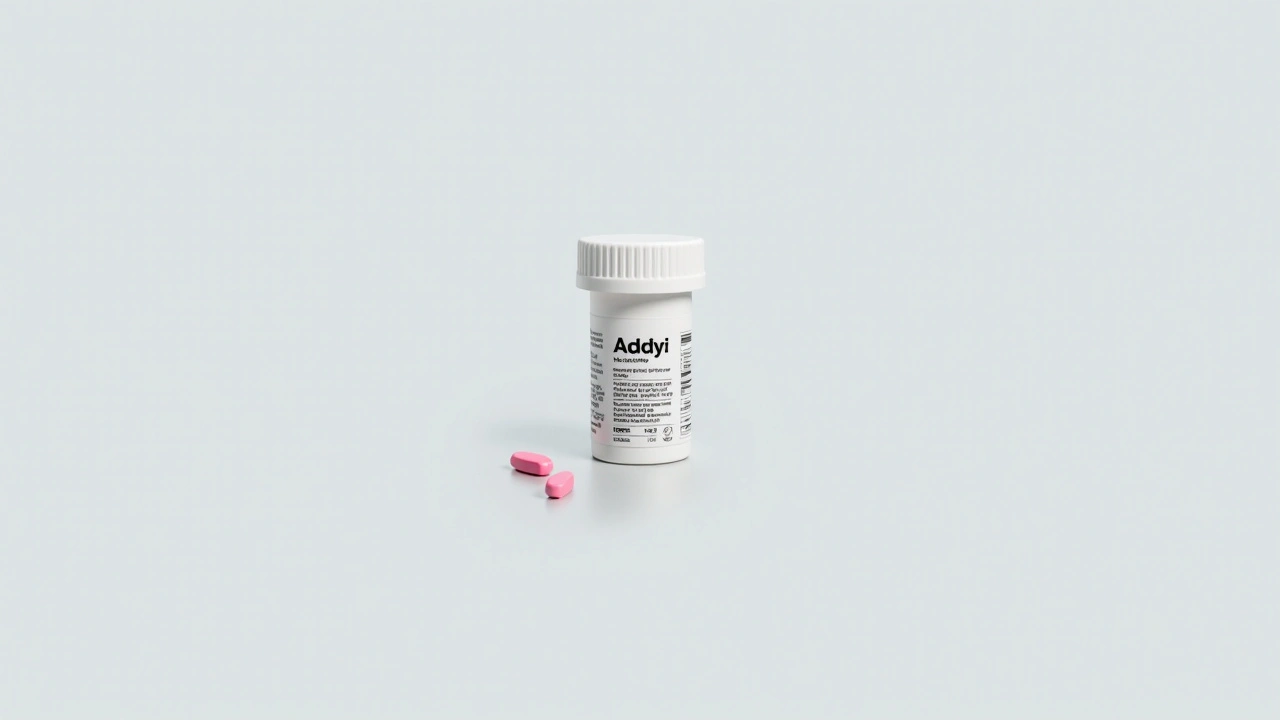Sexual Desire: What It Is and How to Keep It Strong
If you’ve ever wondered why the spark sometimes fades, you’re not alone. Sexual desire – often called libido – is a natural part of being human, but it can wobble for many reasons. Understanding what fuels that feeling helps you take simple steps to bring it back.
Why Desire Goes Down
Stress is the biggest thief. Long work hours, money worries, or family drama flood your brain with cortisol, and cortisol tells your body to pause anything non‑essential – sex included. Hormones also play a big role; lower testosterone in men or estrogen shifts during menopause can mute desire. Medications like antidepressants or blood pressure pills sometimes have the same effect.
Another hidden factor is relationship dynamics. Small resentments, lack of communication, or feeling unheard can turn intimacy into an obligation instead of a pleasure. Even poor sleep and bad diet sneak in – low energy means less interest in sex.
Practical Ways to Boost Your Libido
Start with stress‑busting habits. A 10‑minute walk, quick breathing exercise, or short meditation can lower cortisol fast enough to notice a change. Next, watch what you eat: foods rich in zinc (like pumpkin seeds) and healthy fats (avocado, nuts) support hormone balance.
Get moving. Regular moderate exercise – think brisk walking, cycling, or light weight training – raises testosterone naturally and improves blood flow, both key for desire. If you’re on medication that drags your mood, talk to a doctor about alternatives; never stop a prescription without professional advice.
Communication matters more than any pill. Set aside a calm moment to share what feels good, what doesn’t, and any fantasies you’ve been curious about. Simple honesty often reignites the excitement that routine dulls.
If lifestyle tweaks aren’t enough, consider safe supplements or medical options. Over‑the‑counter products like maca root or ginseng have modest evidence for boosting energy and desire, but check with a pharmacist to avoid interactions. For persistent low libido, prescription treatments such as testosterone therapy (for men) or low‑dose estrogen patches (for women) can be effective when monitored by a doctor.
Finally, give yourself permission to enjoy pleasure without pressure. Schedule intimate time if you need to – treat it like any other healthy habit rather than a chore. Turning desire into a regular, relaxed activity makes the brain associate sex with fun again.
Sexual desire isn’t set in stone; it reacts to stress, hormones, habits, and connection. By tackling each area step by step, you can bring back the spark and keep it burning brighter.
FDA Approves Flibanserin 'Little Pink Pill' Amid Controversy
The FDA has given the green light to Addyi, also known as the 'little pink pill' or flibanserin, designed to boost women's sexual desire. The approval follows an intense lobbying campaign and comes with several prescribing restrictions. Although hailed as a breakthrough for treating Hypoactive Sexual Desire Disorder (HSDD), the drug's effectiveness and safety remain points of contention among experts.
About
Health and Wellness
Latest Posts
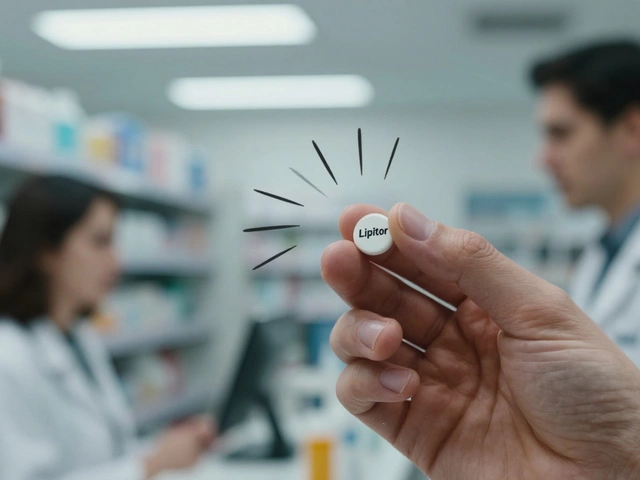
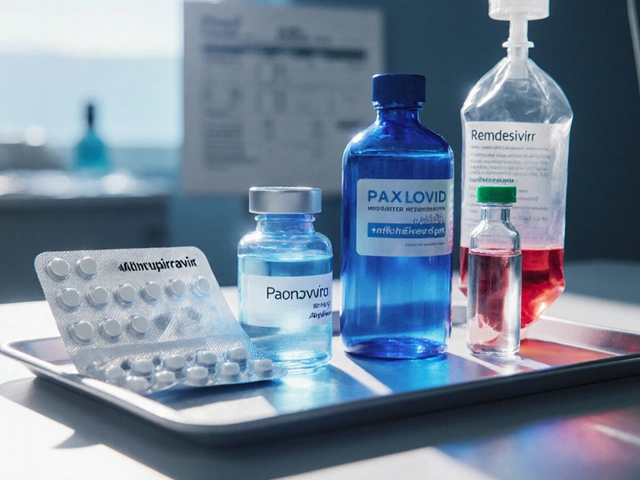
Movfor (Molnupiravir) vs Alternatives: A Practical Comparison
By Orion Kingsworth Oct 14, 2025
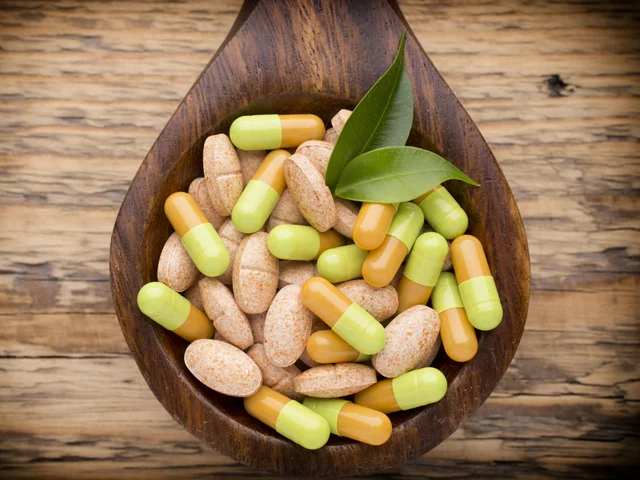
Discover the Amazing Health Benefits of Albizia: Your New Go-To Dietary Supplement
By Orion Kingsworth May 11, 2023
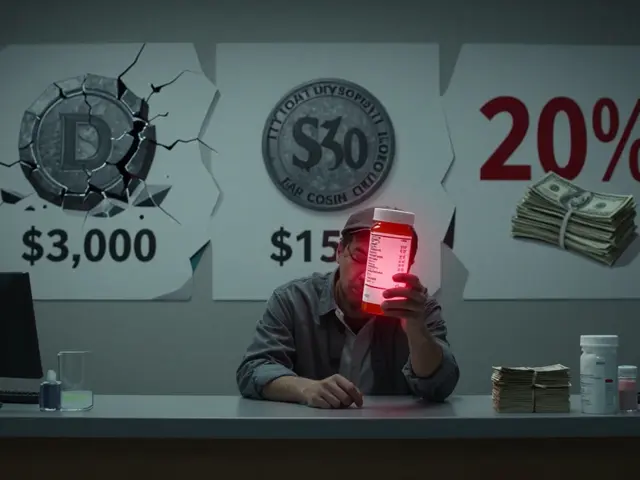
Cost Sharing Explained: Deductibles, Copays, and Coinsurance for Medication Costs
By Orion Kingsworth Jan 16, 2026
